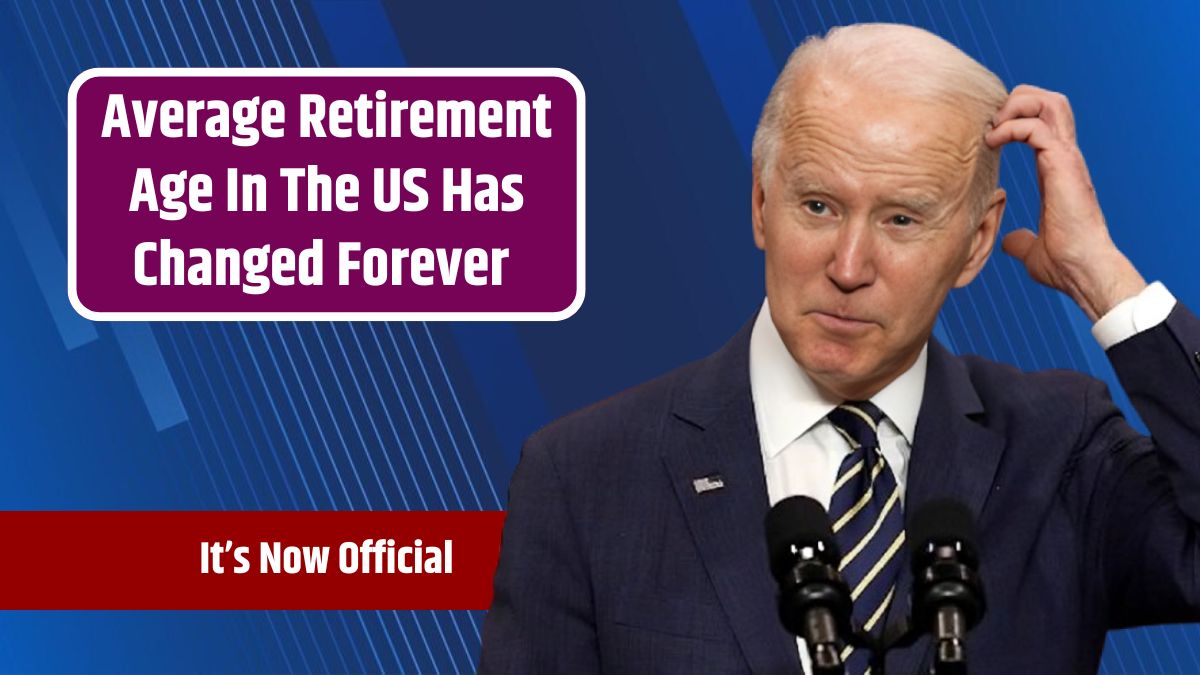Governor Gavin Newsom has signed a new bill into law that will protect Social Security benefits for thousands of California foster children. Assembly Bill (AB) 2906, signed on Thursday, aims to ensure that Social Security survivor benefits rightfully go to foster youth instead of being redirected by the state. This legislation is a major step toward addressing long-standing financial injustices that have impacted foster children for years.
AB 2906 mandates that foster children and their legal guardians be notified when Social Security survivor benefits are available. These benefits, intended to support foster children when they turn 18, have often been retained by the state, leaving vulnerable youths without crucial financial support as they transition out of care.
New Safeguards
Before reaching Newsom’s desk, the bill was approved by the California State Legislature, following growing public pressure for change. Although Newsom vetoed a similar bill last year, the outcry from various advocacy groups, judges, and local governments likely influenced his decision to sign this bill.
The passing of AB 2906 marks an essential milestone in protecting the financial rights of foster children. The Los Angeles and San Diego Boards of Supervisors both supported the legislation, and over 70 California judges urged Newsom to approve it.
Advocates for foster youth, including Amy Harfeld from the Children’s Advocacy Institute (CAI) at the University of San Diego School of Law, highlighted the significance of this law. Harfeld noted that the Social Security survivor payments could mean the difference between stability and homelessness for some foster children. By safeguarding these funds, California joins a growing number of states that are fighting to end this harmful practice of withholding benefits from foster youth.
Homelessness
In California, an alarming number of foster youth face homelessness after turning 18. According to the CAI, 29% of former foster youth between the ages of 19 and 21 experience homelessness. Many of these young adults rely on Social Security benefits for basic needs like housing, food, transportation, and education, but previous rules allowed counties to divert the funds to government coffers.
Federal law requires county foster care organizations to act in the best interest of foster children when managing Social Security funds. However, counties have frequently sidestepped this responsibility without consulting the foster children, keeping them in the dark about their entitled benefits.
AB 2906 corrects this by ensuring transparency. It mandates that foster children and their representatives are fully informed about available Social Security survivor benefits, giving them access to money that could dramatically improve their future.
Mismanagement
Historically, California counties could apply for Social Security benefits on behalf of foster children without informing the child or a legal guardian. This meant that foster youth who were disabled or had parents who contributed to Social Security before their death or retirement were often unaware of the funds they were owed.
As Robert Fellmeth, executive director of the Children’s Advocacy Institute, pointed out, these benefits were essentially overlooked or mismanaged by the counties, even though they could have drastically improved the lives of foster youth. The practice became a “rounding error” for counties, further marginalizing children who needed the support the most.
The new law aims to restore these stolen funds to the intended beneficiaries—foster youth—so that they can access life-altering financial resources for housing, education, and daily necessities as they leave the foster care system.
Change
California joins a larger national movement to protect Social Security benefits for foster youth. As of this summer, 30 states and jurisdictions have implemented stronger safeguards to protect these funds. States such as Arizona, Oregon, Washington, D.C., and Massachusetts have already eliminated practices that allowed the withholding of benefits from foster children.
This law represents a significant victory for foster care survivors in California, as it will ensure their continued financial security for years to come. By giving these youths access to the funds they deserve, California is taking an important step in addressing its homelessness crisis and supporting the most vulnerable members of its population.
In summary, the signing of AB 2906 marks a major victory for foster children in California, helping to ensure that they receive the Social Security benefits meant for them. This law will provide much-needed financial stability to foster youth as they transition out of care, giving them a real chance at a stable future.
FAQs
How does AB 2906 help foster youth?
It ensures Social Security survivor benefits reach foster children.
What is the role of legal guardians?
They will be informed when foster children are eligible for benefits.
Why was the bill signed now?
Public pressure and advocacy groups pushed for its approval.
How many foster children are homeless?
About 29% of former foster youth experience homelessness.
Which states have eliminated withholding benefits?
Arizona, Washington, D.C., Oregon, and Massachusetts have made reforms.






